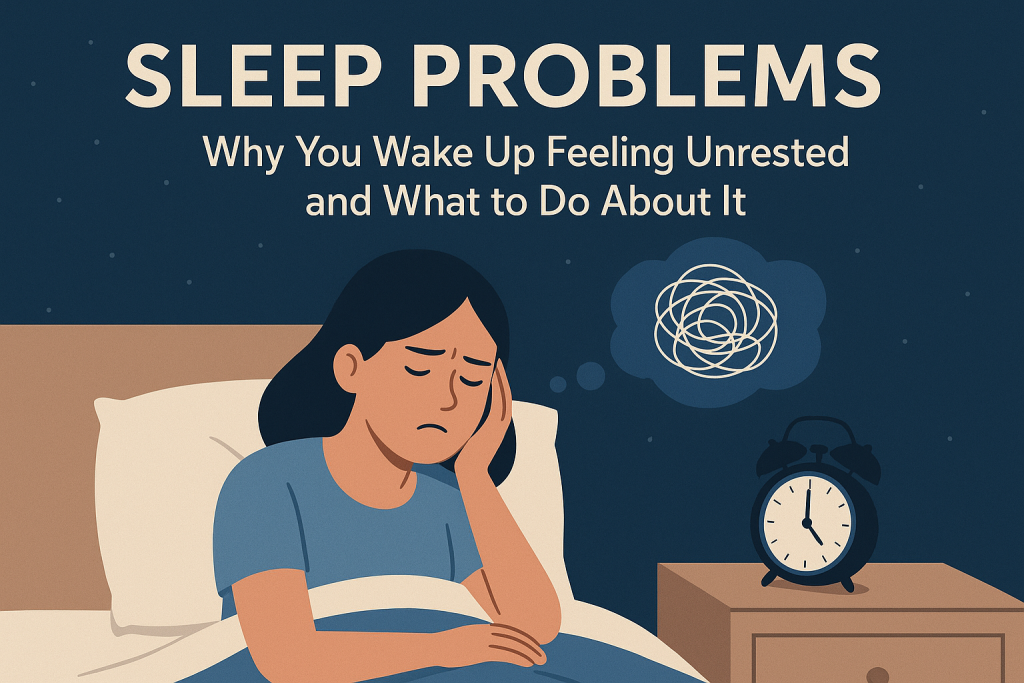
Introduction
Do you ever go to bed early, sleep for 7 or 8 hours, and still wake up exhausted? You’re not alone. Millions of people deal with sleep problems every night. These issues affect energy, mood, and health.
The truth is, sleep is about more than hours in bed. The quality of your rest matters. Poor sleep can come from hidden health conditions, stress, or bad habits. In this article, we’ll cover the causes of insomnia, the effects of sleep loss, and proven solutions to help you finally wake up refreshed.
Understanding Sleep Problems and Their Impact
What Are Sleep Problems?
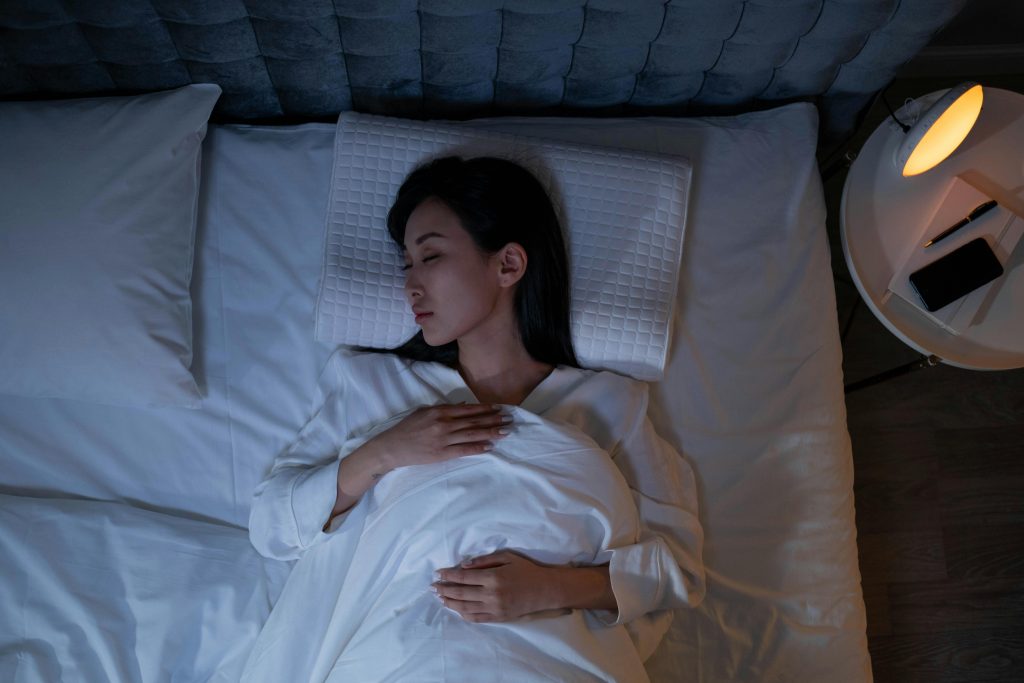
Sleep problems include trouble falling asleep, staying asleep, or waking up too early. They keep you from reaching deep, restorative rest. Even if you clock enough hours, you may still feel groggy and unfocused.
Effects of Sleep Loss on Your Body and Mind
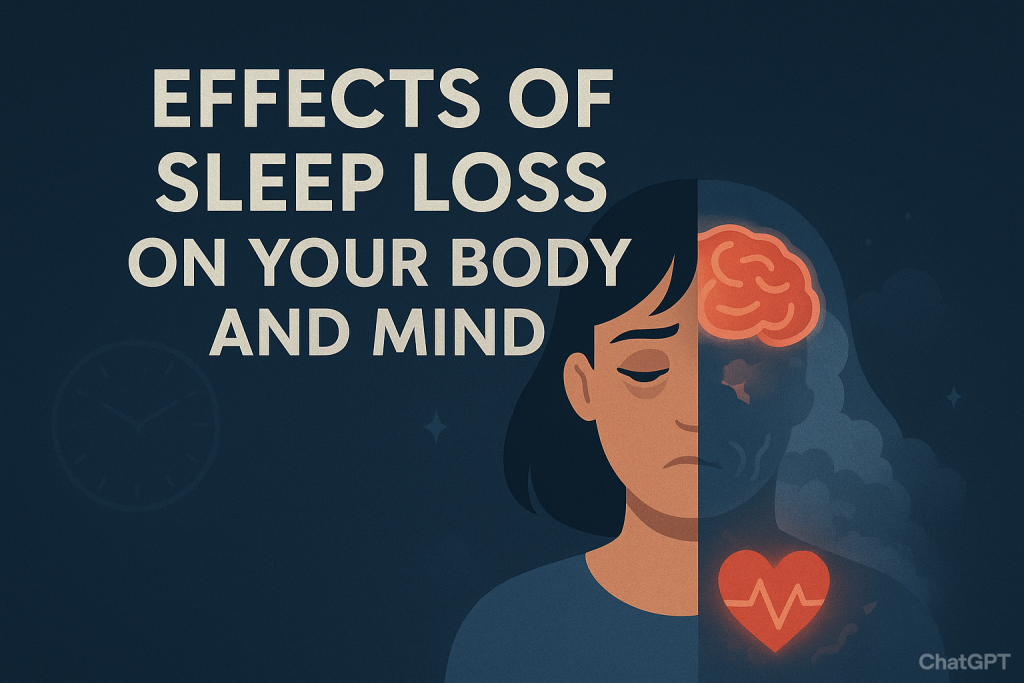
The effects of sleep loss show up quickly. Common signs are:
- Difficulty focusing at school or work
- Mood swings and irritability
- Reduced motivation to exercise
- Slower reflexes and reaction times
Over time, poor sleep raises the risk of heart disease, obesity, and diabetes.
Side Effects of Sleep Deprivation You Might Miss
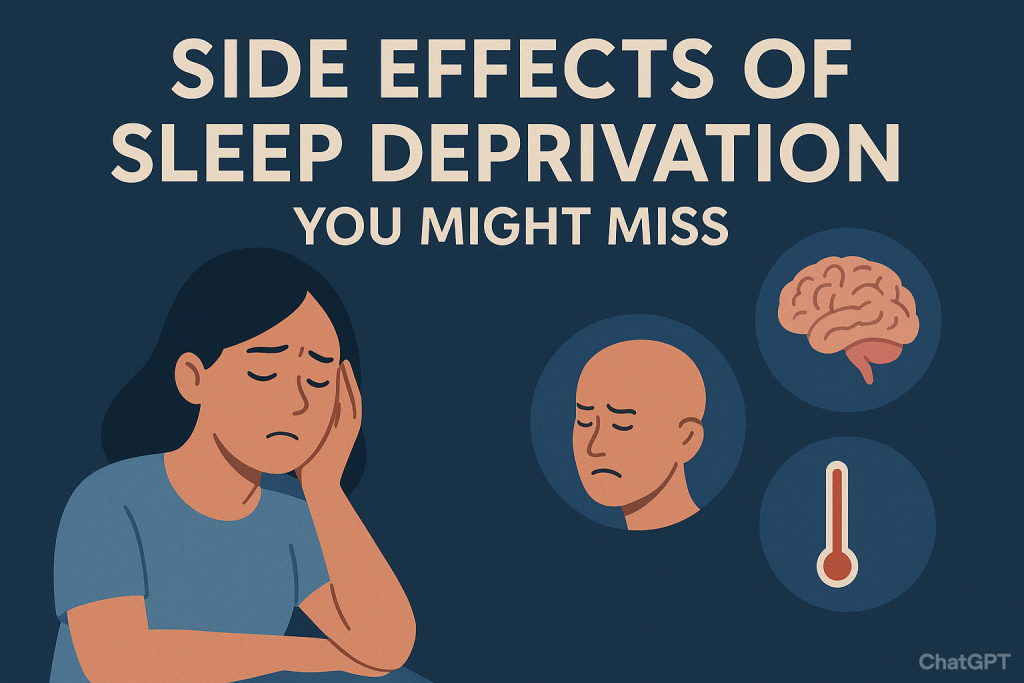
Not all side effects of sleep deprivation are obvious. You may notice:
- More sugar cravings
- Getting sick often
- Memory issues or brain fog
- Increased anxiety or low mood
Common Causes of Sleep Problems
Medical Causes of Insomnia
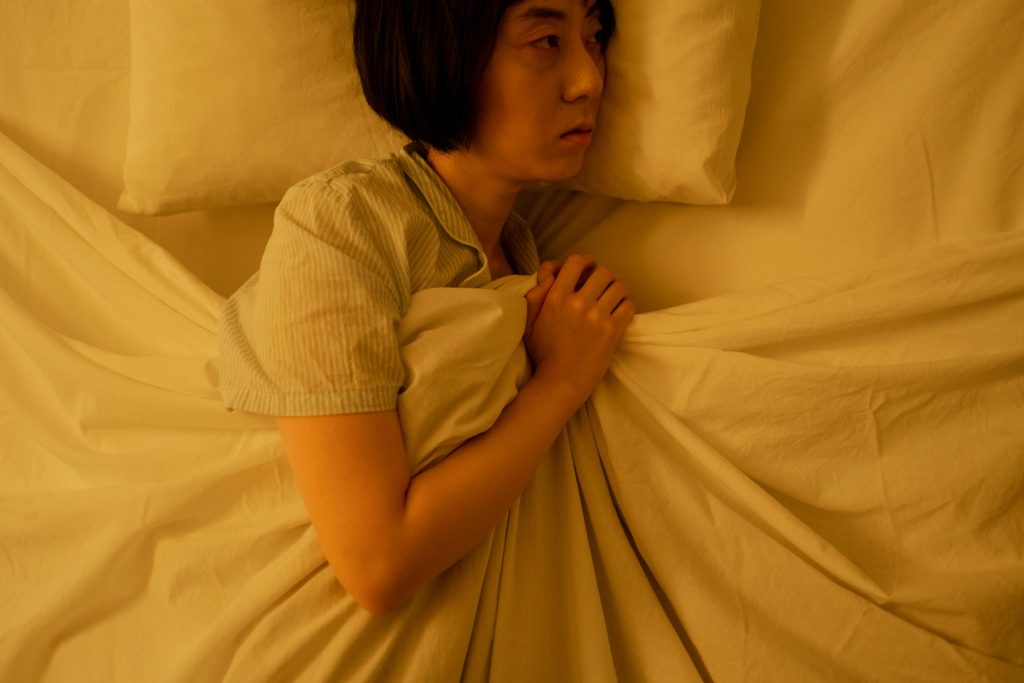
Some causes of insomnia are linked to health conditions, such as:
- Sleep apnea (brief pauses in breathing)
- Acid reflux
- Hormonal shifts (like menopause or thyroid problems)
- Chronic pain disorders
If lifestyle changes don’t help, these medical factors could be the reason behind your sleep problems.
Lifestyle Habits That Ruin Sleep

Daily habits often make sleep problems worse. These include:
- Drinking caffeine late in the day
- Staying on screens before bedtime
- Sleeping in a bright or noisy room
- Going to bed and waking up at random times
The Cause of Sweating at Night
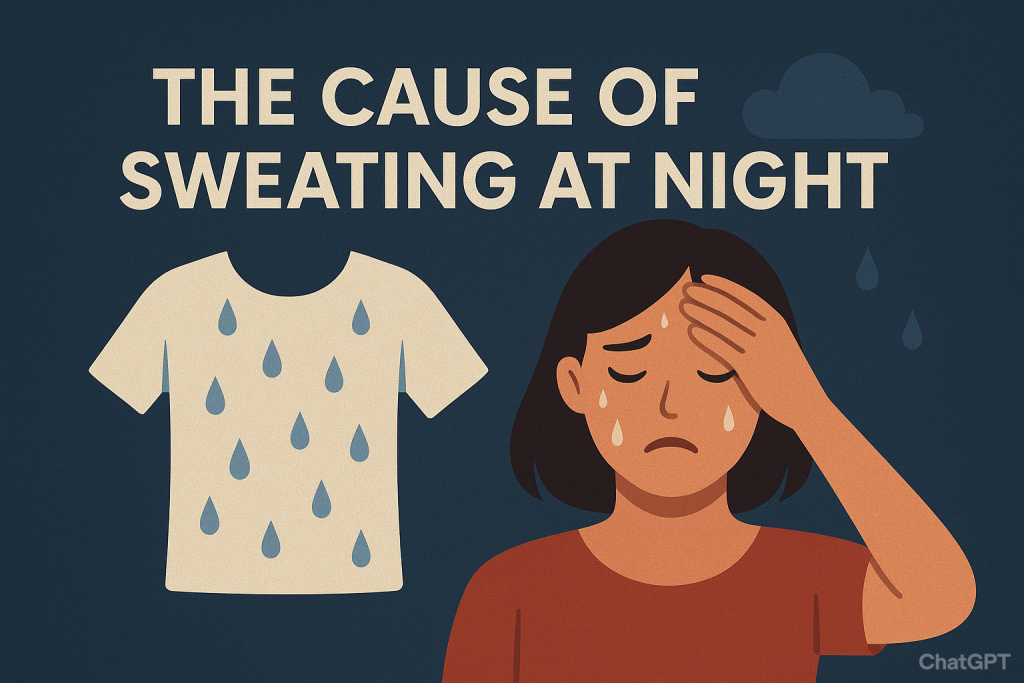
Many people with sleep problems also report sweating during sleep. The cause of sweating at night can be a hot bedroom, heavy blankets, or spicy food. But frequent night sweats may signal hormonal changes, stress, or medical conditions.
Practical Solutions to Sleep Better Tonight
Better Sleep Hygiene
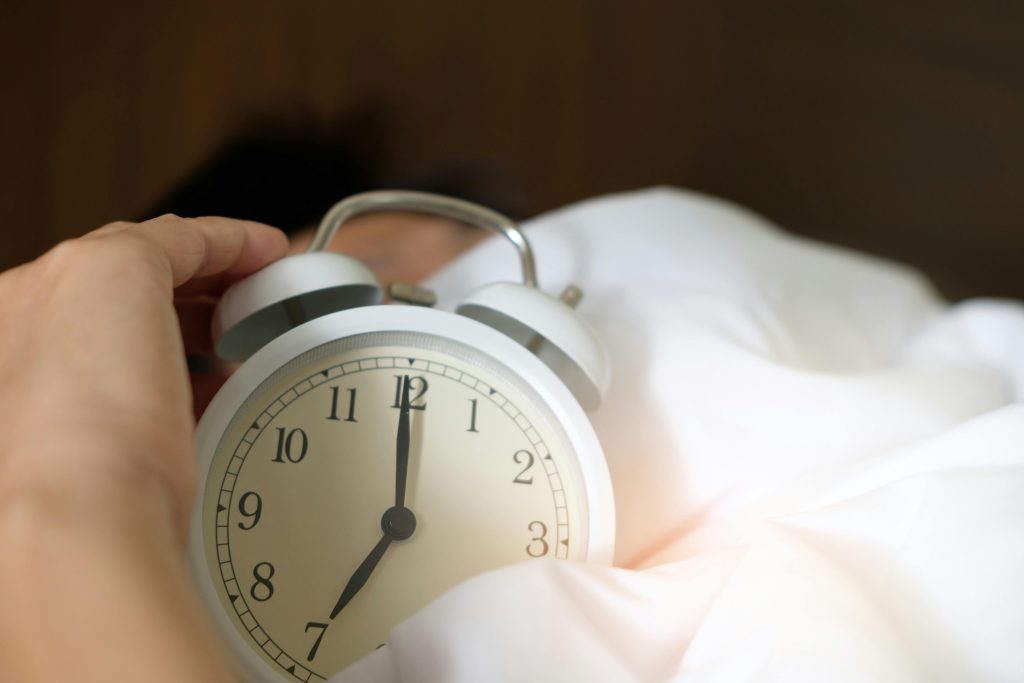
Fixing sleep problems often starts with simple habits:
- Keep a consistent sleep schedule
- Make your room cool, dark, and quiet
- Avoid caffeine after the afternoon
- Turn off devices an hour before bed
Pressure Points That May Help
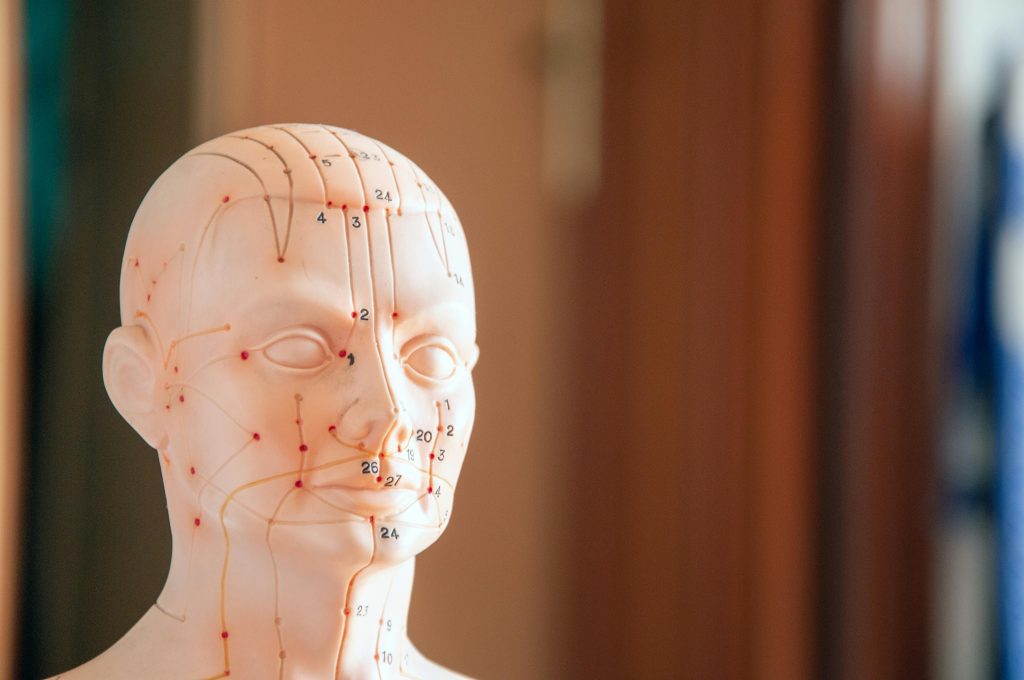
Some people use acupressure for relaxation. You can try a pressure point to sleep better:
- Anmian Point: behind the ear
- HT7 Point: on the wrist crease
- KD1 Point: on the sole of the foot
These gentle techniques can calm the mind and prepare the body for rest.
When to See a Doctor

If your sleep problems last for weeks, or you’re dangerously tired during the day, see a doctor. A sleep study may uncover hidden issues like sleep apnea or restless legs syndrome.
Building Long-Term Restful Sleep Habits
Food and Supplements That Support Sleep

Your diet can affect sleep problems. Try foods rich in:
- Magnesium (nuts, seeds, leafy greens)
- Tryptophan (turkey, eggs, dairy)
- Herbal teas (chamomile, valerian root)
Short-term melatonin supplements may also help, but consult your doctor first.
Stress and Sleep

Stress is one of the leading causes of sleep problems. To lower stress before bed:
- Write down worries in a journal
- Do breathing exercises or meditation
- Try light yoga stretches
Routine Is Everything

Your body has an internal clock. Following a set schedule helps prevent sleep problems. Go to bed and wake up at the same time every day, even on weekends. A calming routine, like reading or dimming lights, tells your brain it’s time to rest.
Wake Up Rested, Not Drained
So, can you really fix sleep problems and stop waking up feeling unrested? Absolutely. But knowing what’s causing your restless nights, and what to do about it, is what helps you finally get deep, restorative sleep. Think of your bedtime routine not just as winding down, but as a tool for energy, focus, and balance the next day. And when better sleep feels out of reach, our tribe is here to guide you, without the overwhelm.
✅ Take Action Now
WHATSAPP US NOW
Beat Sleep Problems Today
Sleep problems are frustrating, but they’re not permanent. By learning the causes of insomnia, addressing stress, and improving your sleep hygiene, you can start to reclaim restful nights.
Small changes, like adjusting your environment, trying a calming routine, or using a pressure point to sleep, can make a big difference. If your issues continue, don’t ignore them. Talk to a doctor to uncover hidden triggers such as night sweats or sleep apnea.
This is your chance to nook your FREE 30-Minute Zoom Clarity Session with me. This is your chance to get personal guidance to keep your momentum going.
Say Goodbye to Sleep Problems
Still struggling with sleep problems and waking up tired, no matter how long you rest? You don’t have to figure it out alone.
👉 Join our 7-Day Energy Booster Program and discover simple sleep hygiene habits, stress relief techniques, and daily tips to reset your body for real rest.
In just one week, you’ll:
- Learn the true causes of insomnia and sleep loss
- Try natural fixes like pressure points to sleep betterAddress hidden triggers such as night sweats or poor routines
- Build a bedtime ritual that restores energy and focus
Start today, your refreshed mornings are just 7 days away!
Frequently Asked Question
1) What are the main causes of insomnia?
The top causes of insomnia include stress, poor sleep hygiene, and medical conditions like sleep apnea or hormone imbalances.
2) What are the side effects of sleep deprivation?
The side effects of sleep deprivation range from tiredness and mood swings to long-term health risks like heart disease and diabetes.
3) What are the effects of sleep loss on mental health?
The effects of sleep loss include higher stress, anxiety, poor memory, and a greater risk of depression.
4) Why do I sweat at night while sleeping?
The cause of sweating at night may be overheating, stress, or hormonal changes. Frequent night sweats should be checked by a doctor.
5) Are there pressure points to help me sleep?
Yes. Using a pressure point to sleep, like the Anmian behind the ear or HT7 on the wrist, can promote relaxation before bedtime.


